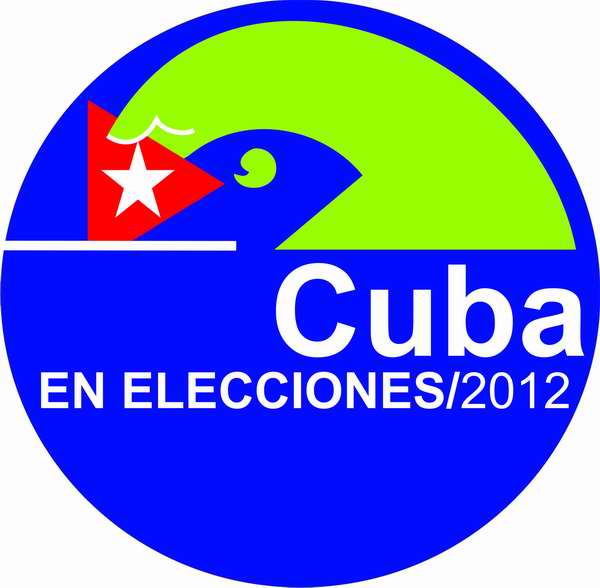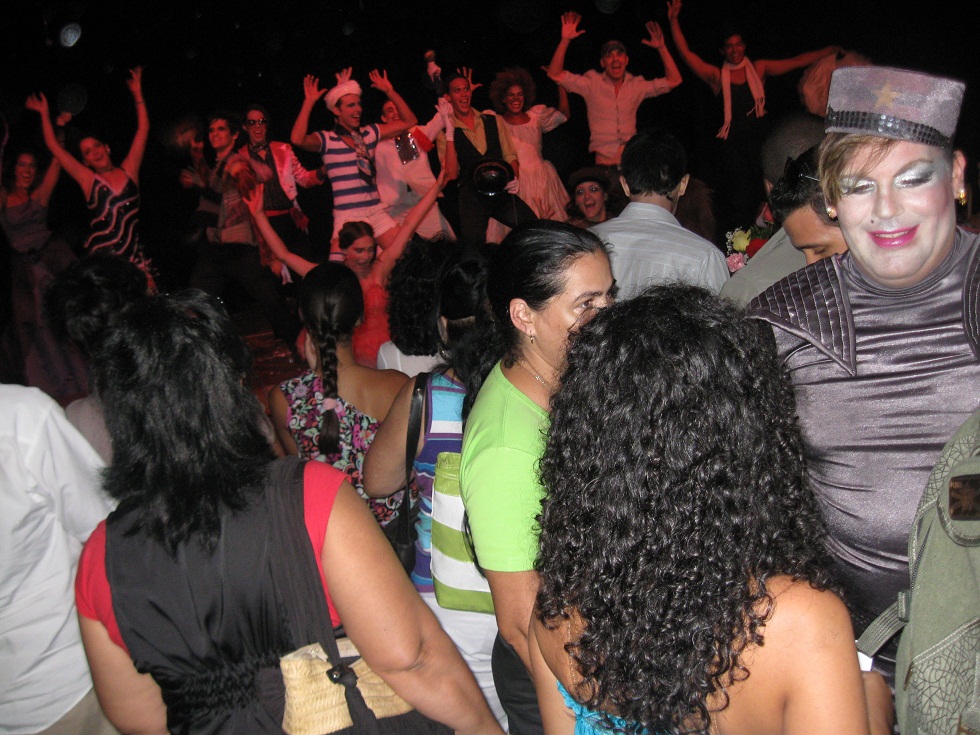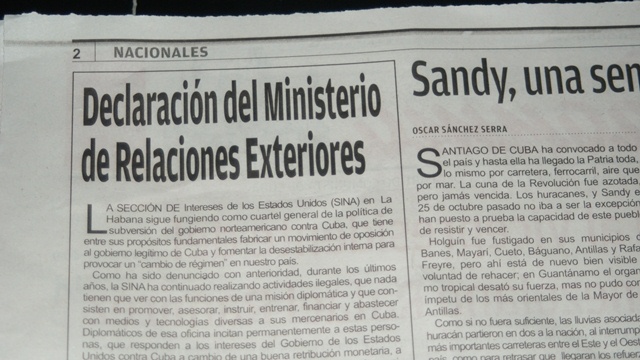
For the first time I feel like a target of attack by the State dictatorship in the Statement of the Minister of Foreign Affairs published last Friday the 2nd of November.
I am a student, since a little less than a month ago, in a journalism course offered by the International University of Florida through the United States Interests Section in Havana. The first thing I did on enrolling was to ask if there existed the possibility of studying the complete career of journalism or philosophy at a distance. But the answer that the Cuban employee gave me was that the government of Cuban had cancelled that possibility.
I do not feel forced to give explanations, but to defend myself from the possible reprisals that the government — which evidently feels threatened by the exercise of the freedom of expression — might have in store for us from now on.
To respond the calumny that we are mercenaries of a foreign government would take this spiritual struggle to the level of speaking the language of our kidnappers and presumed assassins. It is imperative that they prove that they can dialogue with us in the language of liberty without the excuse of pretending that the nation is a military encampment, faking paranoia.
In 53 years they have not dared to dialogue with the opposition, they lack the courage because they cannot sustain themselves before the citizens who oppose the tyranny “of the socialist morality” and its consequent “legality”: a species of dead language without image and that therefore cannot and does not have the will to express our human rights.
There is nothing easier to read and understand for the whole world than the Universal Declaration of Human Rights, because it is written in our image. But it is very difficult to follow the logic of thinking in the official Cuban discourse because it represents the interests of just a tiny collection of people in this country who have managed to buy and terrorize another so many people within the Island, and feed the misanthropic envy of the radical left in the world.
There is something I want to note, because it is the only note that is obvious in the text published in the newspaper Granma: “… the impossible task of converting its mercenaries into a credible movement of the internal opposition.”
We have to start from the fact that the Cuban State has been faking paranoia as an excuse to reprimand citizens who dare to express themselves in opposition to their government which is a complete fraud, including of course the electoral fraud covered by legal loopholes.
I won’t have to work too hard to explain that true paranoia is not aware of the reason for placing blame on another, but the Cuban State does know why it has chosen the United States as at fault in order to justify the attack against its own people: the Cuban State, absolute dictator over the existence of the souls under its jurisdiction, has never tolerated the political opposition and has rudely denied silencing them, first by firing squad or incarceration through the “revolutionary laws,” including Law 88 (the Gag Law), because they know they could not survive the full exercise of freedoms and the popular will consulted without coercion.
Again I suggest looking at the text of the judgment against Hubert Matos in 1959; there, in the words of then prime minister Fidel Castro, who served as the principal accusing witness (and who explicitly governed this Island until 2006, and seemed to continue through his whole life to impose his will), we see the beginning of the most ridiculous campaign in the legal history of Cuba where this witness creates the crime of being “counterrevolutionary.”
Decades later this modest housewife was surprised that something as natural as being against some political and social tendency that has committed so many criminal acts, that has drafted such tricky laws to incarcerate Cubans, that has never represented in its gigantic discourse the true size of a single human being, could be a crime.
It cannot be a crime to be against a government and to express it and to want to change it, not in a revolutionary way, that includes the use of arms, but in an embryonic democratic way: with the arms of opinion, including citizen protest. But the detail is that to prevent those rights, the Cuban State fakes madness, fakes paranoia and the target of the attacks is the United States, and this faked paranoia also serves as an ideological alibi to maintain persecution against its opponents.
The most dissident act, in a county of such political hypocrisy that it would make the “whitewashed tombs” that Jesus referred to in the Gospels pale by comparison, is to remember decency and to begin to be honest and objective toward the Cuban reality. It is easy to achieve credibility if we only remain true to the Christian and humane vocation that we all have, and exercise it on a scale larger than our selfishness.
In situations like this I can wait for my persecutors, without missing a single journalism class, reading the Bible first and foremost and especially the Gospels, and also remembering people like Martha Beatriz Toque, like Oscar Elias Biscet, like Elizardo Sanchez, so maligned, so persecuted, at times so long-suffering, so abandoned (by this people always disposed to exchange its rights for a pittance) and yet, like the ancient prophets, such victors in Christ and such towering figures.
November 5 2012

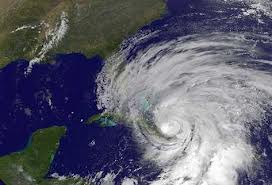
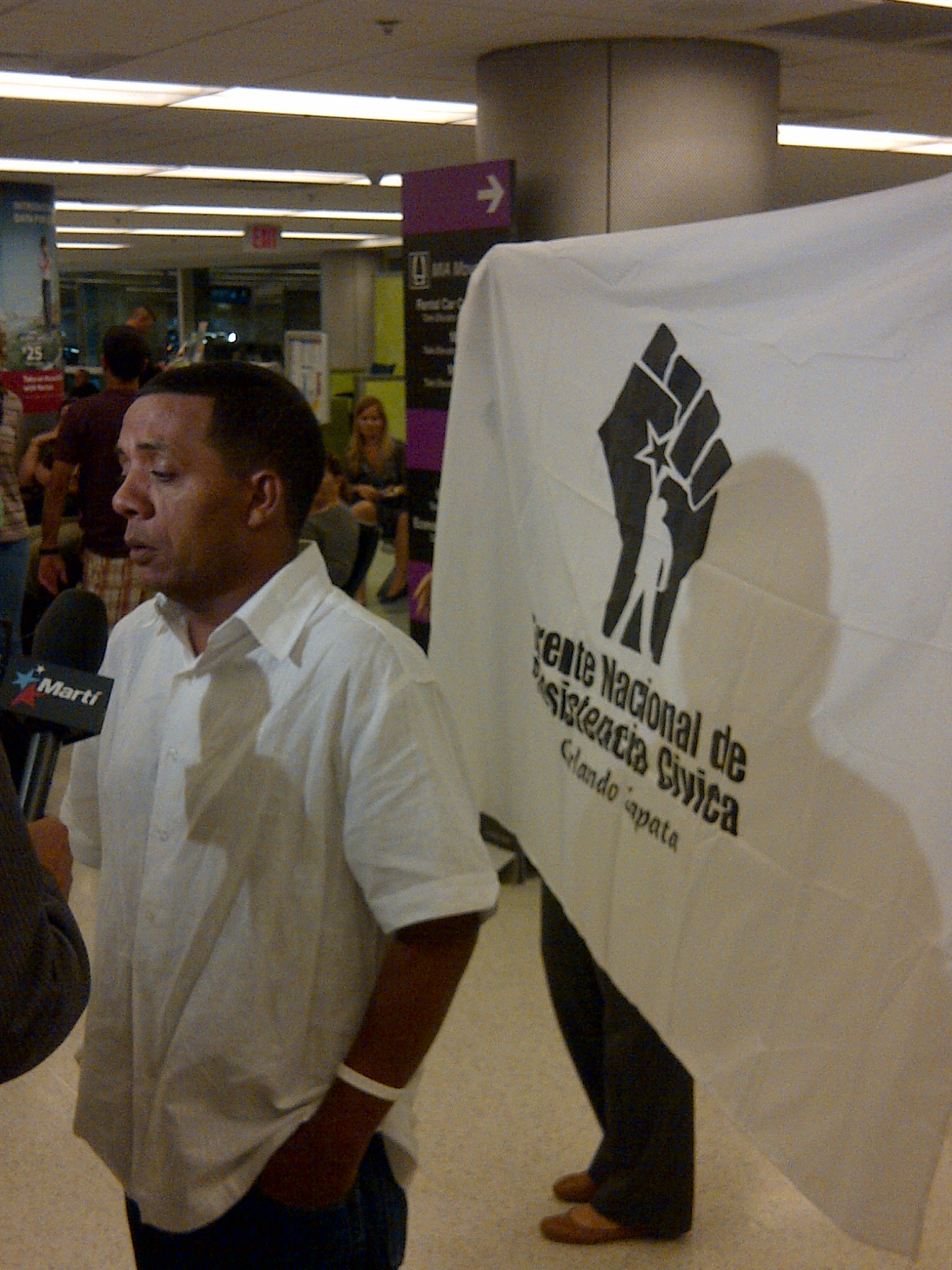

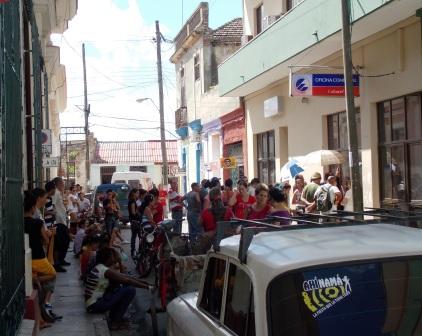
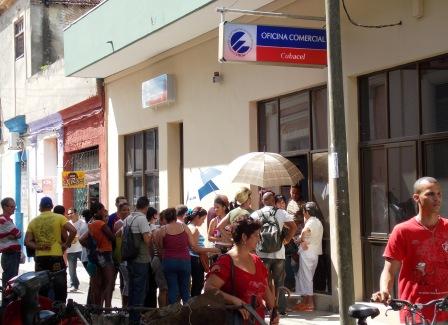
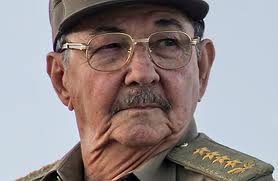
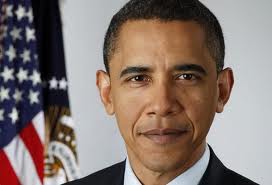

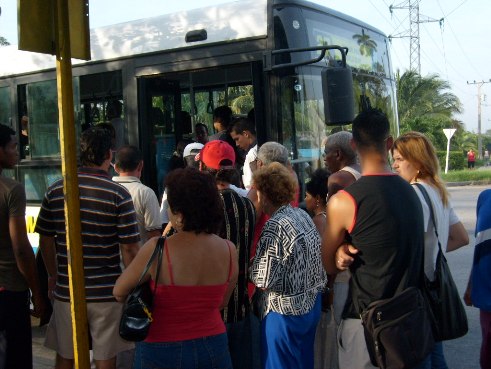
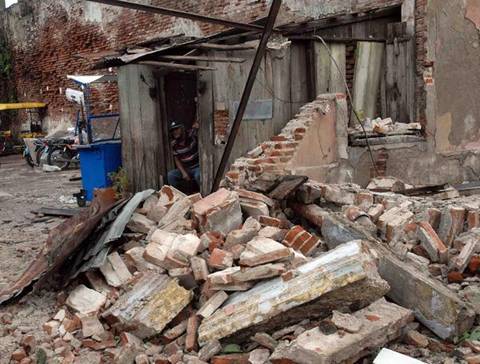
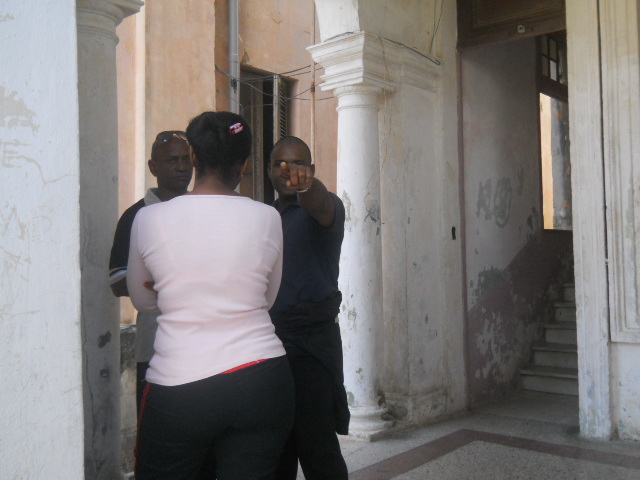
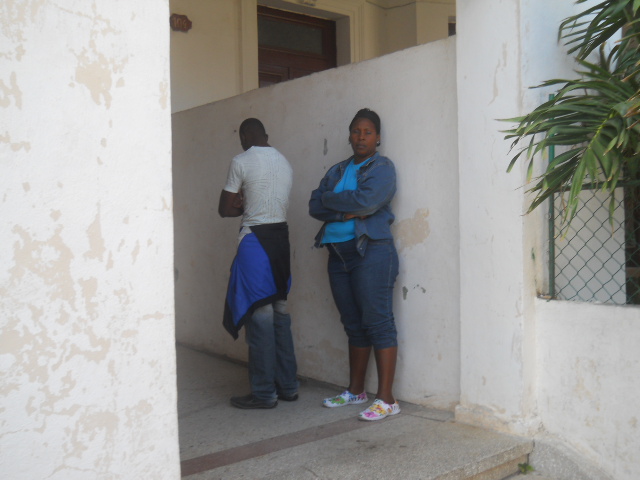

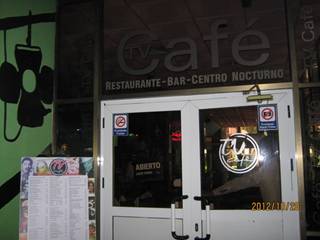
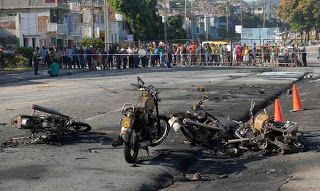 A neighbor told me that the re-involution of ’59 had taken property from owners but had not found a substitute. The director of a business will never be the owner, never have the sense of ownership over what he administers. To illustrate that there are more than thousands or millions of examples, it would suffice to offer a country like this one, worn out, a culture where theft is not seen as a crime because to survive death should not be punishable.
A neighbor told me that the re-involution of ’59 had taken property from owners but had not found a substitute. The director of a business will never be the owner, never have the sense of ownership over what he administers. To illustrate that there are more than thousands or millions of examples, it would suffice to offer a country like this one, worn out, a culture where theft is not seen as a crime because to survive death should not be punishable.